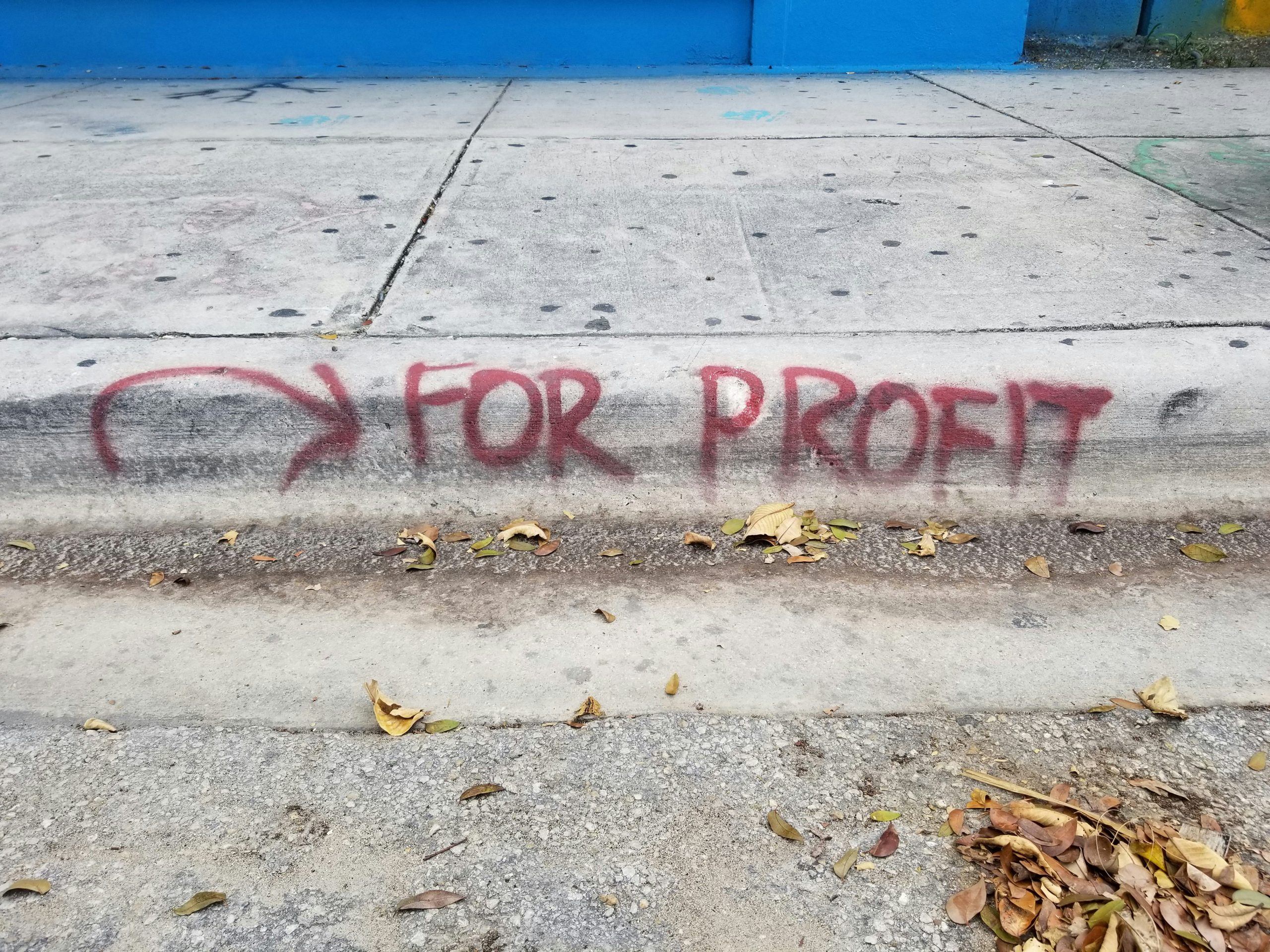Ever crunched numbers for hours only to realize you missed the one deduction that could’ve saved your client thousands? Yeah, us too. The truth is, tax planning isn’t just about filling out forms—it’s about mastering strategies that save people real money. That’s where becoming a Certified Tax Planner can change everything.
In this guide, we’re breaking down why pursuing this certification might be the best move for your career (and wallet). You’ll learn how it works, why it’s worth it, and even some brutally honest advice along the way. Ready? Let’s dive in!
Table of Contents
- The Problem: Why DIY Tax Planning Fails
- Step-by-Step Guide to Becoming a Certified Tax Planner
- Pro Tips to Succeed as a Tax Planner
- Real-Life Success Stories from Certified Tax Planners
- FAQs About Tax Planning Courses
Key Takeaways
- Becoming a Certified Tax Planner can significantly boost earning potential.
- DIY tax planning often leads to costly mistakes—professional training minimizes errors.
- Tax planning courses provide both theoretical knowledge and practical skills.
- Joining accredited programs boosts credibility and opens doors to new opportunities.
The Problem: Why DIY Tax Planning Fails

Here’s a confession: Once upon a time, I tried doing my own taxes online using one of those cheap software tools. It felt like navigating an Excel spreadsheet in Klingon. Fast forward two months later—I got hit with an audit notice. Turns out, missing tiny details cost me more than if I’d hired a pro in the first place.
That’s not uncommon. According to the National Society of Accountants, 70% of taxpayers who file without professional help miss out on significant deductions. Imagine all the wasted refunds sitting there while folks stress over math they barely understand.
Why This Matters
Financial education gaps are REAL when it comes to tax planning. Most people think “I don’t need formal training; I’ll wing it.” Big mistake. And no amount of TikTok tax hacks will replace solid, certified expertise.
Step-by-Step Guide to Becoming a Certified Tax Planner

Optimist You:
“This sounds achievable!”
Grumpy You:
“Ugh, only if coffee’s involved.”
Step 1: Research Accredited Programs
Start by finding reputable institutions offering tax planning certifications. One top option is the American Institute of Certified Tax Planners (AICTP), which offers robust coursework and networking opportunities.
Step 2: Meet Qualifications
Most programs require a background in finance, accounting, or related fields. Don’t panic if you’re starting fresh—some courses offer foundational modules to catch you up.
Step 3: Complete the Coursework
You’ll cover topics like advanced tax strategies, compliance issues, and estate planning. Think of it as leveling up your financial wizardry—but better because now it pays dividends.
Step 4: Pass the Certification Exam
Yes, exams suck. But passing them earns you that shiny title: Certified Tax Planner. Pop open a celebratory soda—it’s earned.
Pro Tips to Succeed as a Tax Planner

Tip #1: Stay Updated on Tax Laws
Tax codes change faster than SEO trends. Subscribe to industry newsletters like Tax Notes to stay informed.
Tip #2: Network Like Crazy
Join forums such as LinkedIn groups or local CPA associations. Building connections helps land clients faster.
Tip #3: Offer Free Workshops
Educate your community through free workshops. They position you as THE go-to expert.
Warning: Do NOT Rely Only on Discounts
This is brutal honesty time. Offering discounts feels tempting but devalues your service. Charge what you’re worth—you’ve earned it!
Real-Life Success Stories from Certified Tax Planners

Jane Doe started her journey as an accountant stuck in a 9-to-5 rut. After enrolling in an AICTP program, she pivoted to consulting full-time within six months. Her secret sauce? Charging premium rates because she knew her value post-certification. Today, she generates $200k annually just managing high-net-worth clients’ portfolios.
Sound impossible? Nope. Just proof that investing in yourself pays off BIG.
FAQs About Tax Planning Courses
Q: How long does it take to get certified?
A: Typically 6–12 months depending on the pace and program intensity.
Q: Will this certification guarantee jobs?
A: Not directly, but it dramatically increases employability and earning power.
Q: Are online certifications valid?
A: Absolutely—if accredited! Always verify credentials before enrolling.
Conclusion
So here we are—the final chapter in our epic saga of becoming a Certified Tax Planner. From avoiding DIY blunders to unlocking lucrative career paths, there’s never been a better moment to invest in this skillset. Sure, the process takes effort—but hey, so did perfecting your avocado toast game.
Remember, like a Tamagotchi, your SEO needs daily care… Oh wait, wrong metaphor. What I meant was: Your future clients NEED YOU armed with expert-level tax planning smarts. Go get ‘em!
Deductions abound
Numbers dance like fireflies
Money smiles at last


